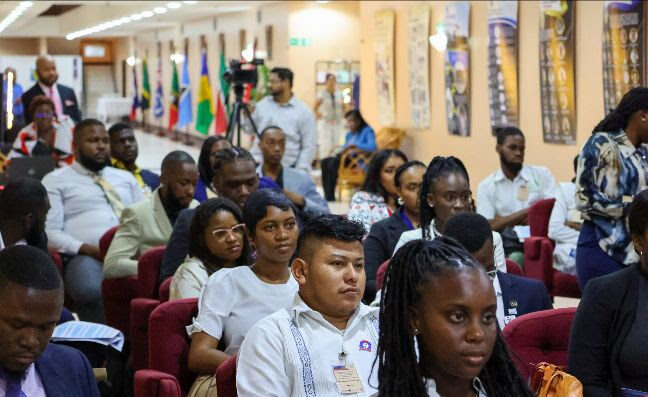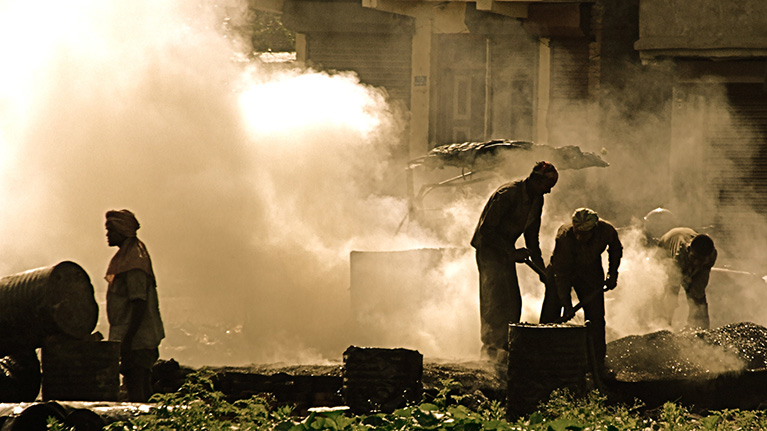CASTRIES, St. Lucia, Sept. 11, 2014, CNS – The Organisation of Eastern Caribbean States (OECS) Secretariat is in final preparations to host its fourth climate change seminar, which is to focus on ‘Approaches to Managing Disaster Risks and Building Resilience.’
The seminar will take place at the National Insurance Scheme Conference Room in Kingstown, St Vincent from Sept. 16-18, 2014.
St Vincent and the Grenadines Prime Minister Ralph Gonsalves is scheduled to deliver the feature address at the opening before an estimated 100 guests from across the Region.
The subject of natural disasters and how climate change might be exacerbating its intensity and frequency is a very delicate and complex one and the OECS said St Vincent, having experienced several recent unexpected severe events, befits the perfect environment to hold this fourth climate change seminar.
Continuing scientific research suggests that climate change and climate variability trends are expected to worsen in the coming years and some of the projected impacts will not only negatively impact the region’s main economic sectors, but is also expected to facilitate the spread of new health epidemics from vector-borne diseases. Gonsalves is expected to articulate these issues during his feature address.
A major output, which is expected out of the seminar, is a portfolio of new ideas for strategies and approaches in managing disaster risks and vulnerabilities, as well as recommendations that will inform policies, plans and programmes for building resilience to extreme events related to climate change.
The OECS said the seminar is therefore organised around a number of sessions, which will address a myriad of topics such as vulnerability of the region to extreme events that may be brought on by climate change; economic, social and psychological impacts of extreme events; enhancing resilience to natural hazards and climate change; examining an integrated strategic response to the threats of climate change; mainstreaming climate change into national planning and development processes; adaptation and mitigation measures in the context of SIDS; and financing climate change resilience. These topics will be delivered by selected experts from around the region.
The OECS Secretariat estimates that some 80 participants will be in attendance at the two-day seminar representing private entities, and government agencies who work in climate sensitive sectors, as well as international and regional bodies who are leading research on climate change.
The seminar is being held as part of the OECS/USAID RRACC Project – a five-year developmental project which was launched in 2011 to assist OECS governments with building resilience through the implementation of climate change adaptation measures.
Specifically, RRACC will build an enabling environment in support of policies and laws to reduce vulnerability; address information gaps that constrain issues related to climate vulnerabilities; make interventions in freshwater and coastal management to build resilience; increase awareness on issues related to climate change and improve capacities for climate change adaptation.
CNS/db/2014



